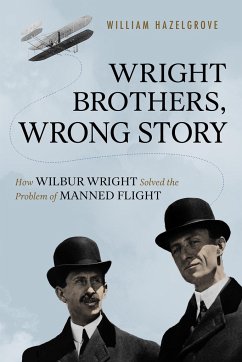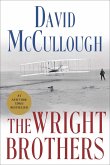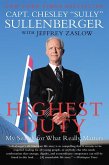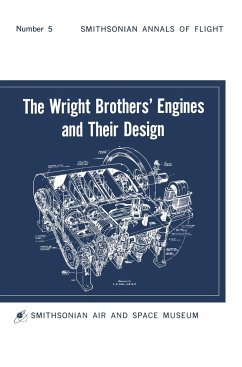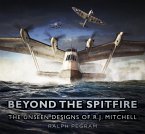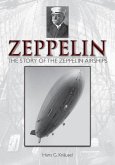This book is the first deconstruction of the Wright brothers myth. They were not -- as we have all come to believe--two halves of the same apple. Each had a distinctive role in creating the first "flying machine." How could two misanthropic brothers who never left home, were high-school dropouts, and made a living as bicycle mechanics have figured out the secret of manned flight? This new history of the Wright brothers' monumental accomplishment focuses on their early years of trial and error at Kitty Hawk (1900-1903) and Orville Wright's epic fight with the Smithsonian Institute and Glenn Curtis. William Hazelgrove makes a convincing case that it was Wilbur Wright who designed the first successful airplane, not Orville. He shows that, while Orville's role was important, he generally followed his brother's lead and assisted with the mechanical details to make Wilbur's vision a reality. Combing through original archives and family letters, Hazelgrove reveals the differences in the brothers' personalities and abilities. He examines how the Wright brothers myth was born when Wilbur Wright died early and left his brother to write their history with personal friend John Kelly. The author notes the peculiar inwardness of their family life, business and family problems, bouts of depression, serious illnesses, and yet, rising above it all, was Wilbur's obsessive zeal to test out his flying ideas. When he found Kitty Hawk, this desolate location on North Carolina's Outer Banks became his laboratory. By carefully studying bird flight and the Rubik's Cube of control, Wilbur cracked the secret of aerodynamics and achieved liftoff on December 17, 1903. Hazelgrove's richly researched and well-told tale of the Wright brothers' landmark achievement, illustrated with rare historical photos, captures the excitement of the times at the start of the "American century."
Hinweis: Dieser Artikel kann nur an eine deutsche Lieferadresse ausgeliefert werden.
Hinweis: Dieser Artikel kann nur an eine deutsche Lieferadresse ausgeliefert werden.

